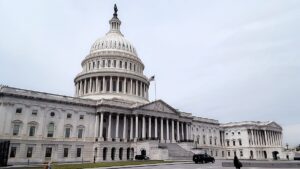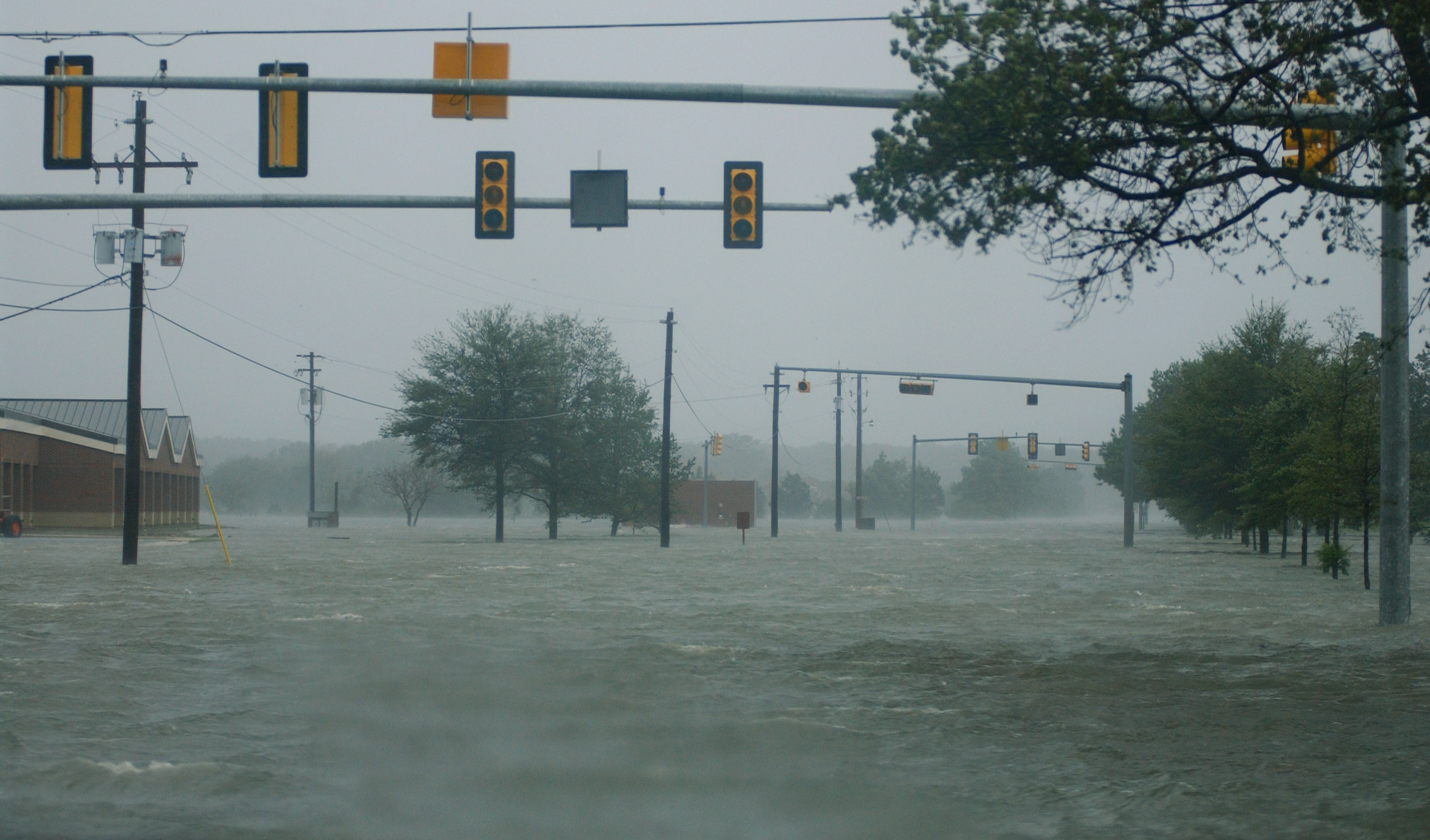By Jacob Elkin and Elza Bouhassira
Going back to 1978 and through this month, Congress has acknowledged climate change in a total of 87 enactments, as shown by a database just posted by Columbia’s Sabin Center for Climate Change Law.

The database collects Congress’s references to climate change, along with related terms and concepts like global warming and greenhouse gases. The 87 enactments in the collection encompass statutes and appropriations bills that were passed by Congress and signed by the president—including every president since President Jimmy Carter. They date from September 1978–when Congress passed an “act to establish a comprehensive and coordinated national climate policy and program”–to the Inflation Reduction Act of August 2022. Many of the earliest bills in the collection demonstrate Congress clearly recognizing and directing further analysis on the threat of anthropogenic climate change, while other bills provide funding for climate change adaptation and mitigation or direct regulatory action. (The much larger number of bills that were never enacted are not included.)
In addition to these 87 references, the collection also includes twelve instances of Congress limiting action on climate change, primarily by limiting the use of appropriated funds for the implementation of the Kyoto Protocol; those bills are listed in red text. The database does not include six Congressional references to sea level rise (such as in appropriations to the Department of Defense to help preparing military bases) that did not explicitly mention climate change.
For each statutory reference to climate change, the Sabin Center resource provides the name of the bill, the Public Law citation, the relevant section number(s), the date of enactment, the relevant text or a summary of that text, and a link to the bill’s full text. The document also includes a page listing the sources used to compile this resource, along with a page with additional notes about the resource.
The United States Supreme Court’s opinion in West Virginia v. Environmental Protection Agency highlighted the issue of Congressional authorization for administrative action on climate change. The Court held that Section 111(d) of the Clean Air Act did not provide the Environmental Protection Agency with authority to use a generation-shifting approach when regulating emissions from existing fossil fuel power plants. That approach would have required a shift from coal to energy sources that emit less carbon dioxide. The Court based its decision in part on the “major questions doctrine,” writing that “[t]he basic and consequential tradeoffs involved in [deciding how much coal-based generation there should be] are ones that Congress would likely have intended for itself.” As a result, the Sabin Center determined it would be useful to catalog the times that Congress has provided authorization for action on climate change.
The Sabin Center’s collection of congressional references to climate change can be accessed here. Please note that the resource is published pursuant to a Creative Commons Attribution 4.0 International License, and that utilization of the resource must meet all license conditions, including identification of the Sabin Center as the creator of the licensed material.
Jacob Elkin is a Renewable Energy Legal Defense Initiative Fellow at the Sabin Center.




